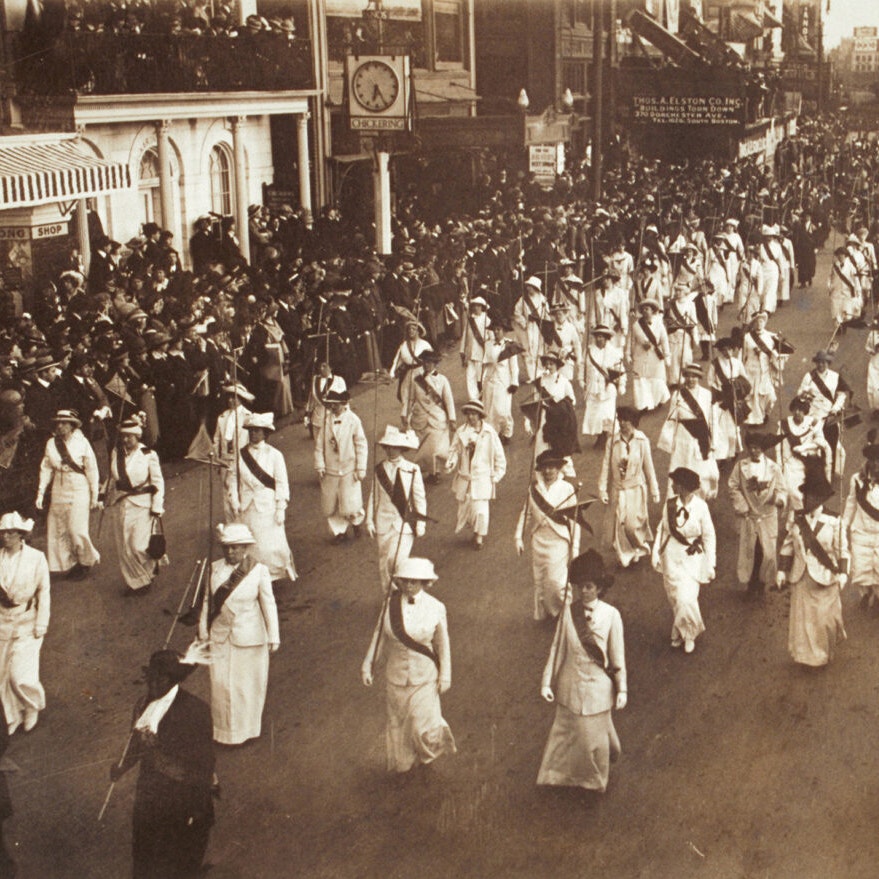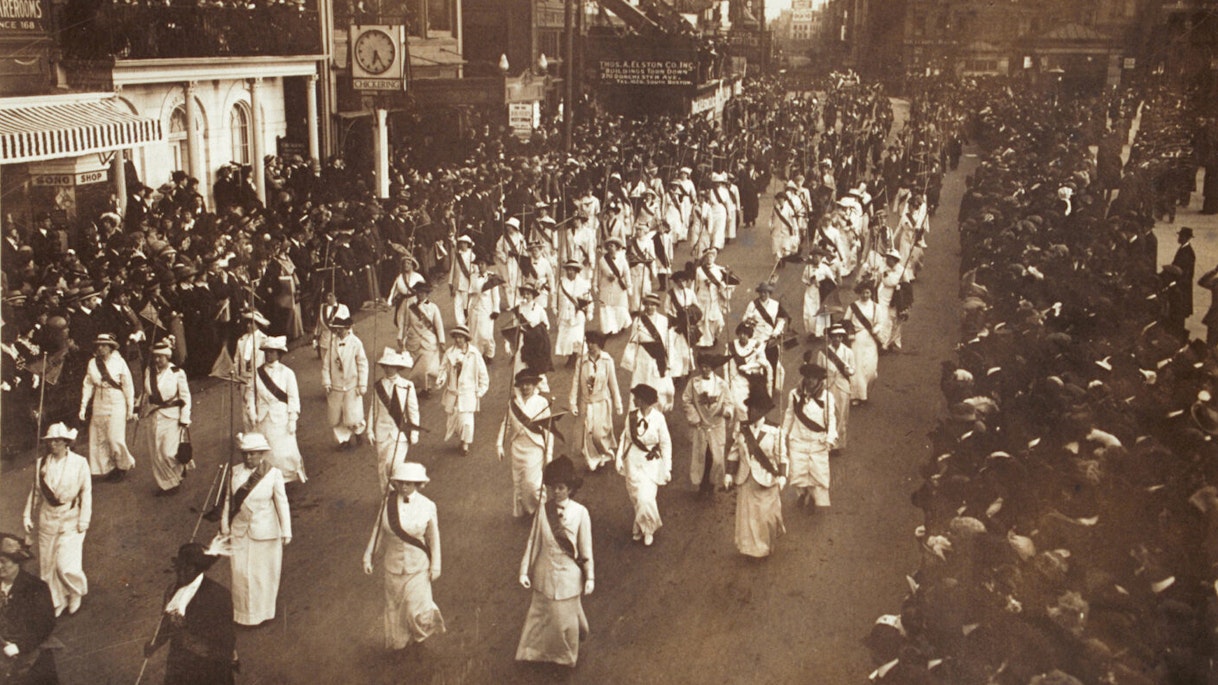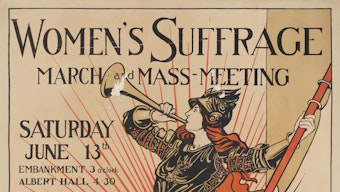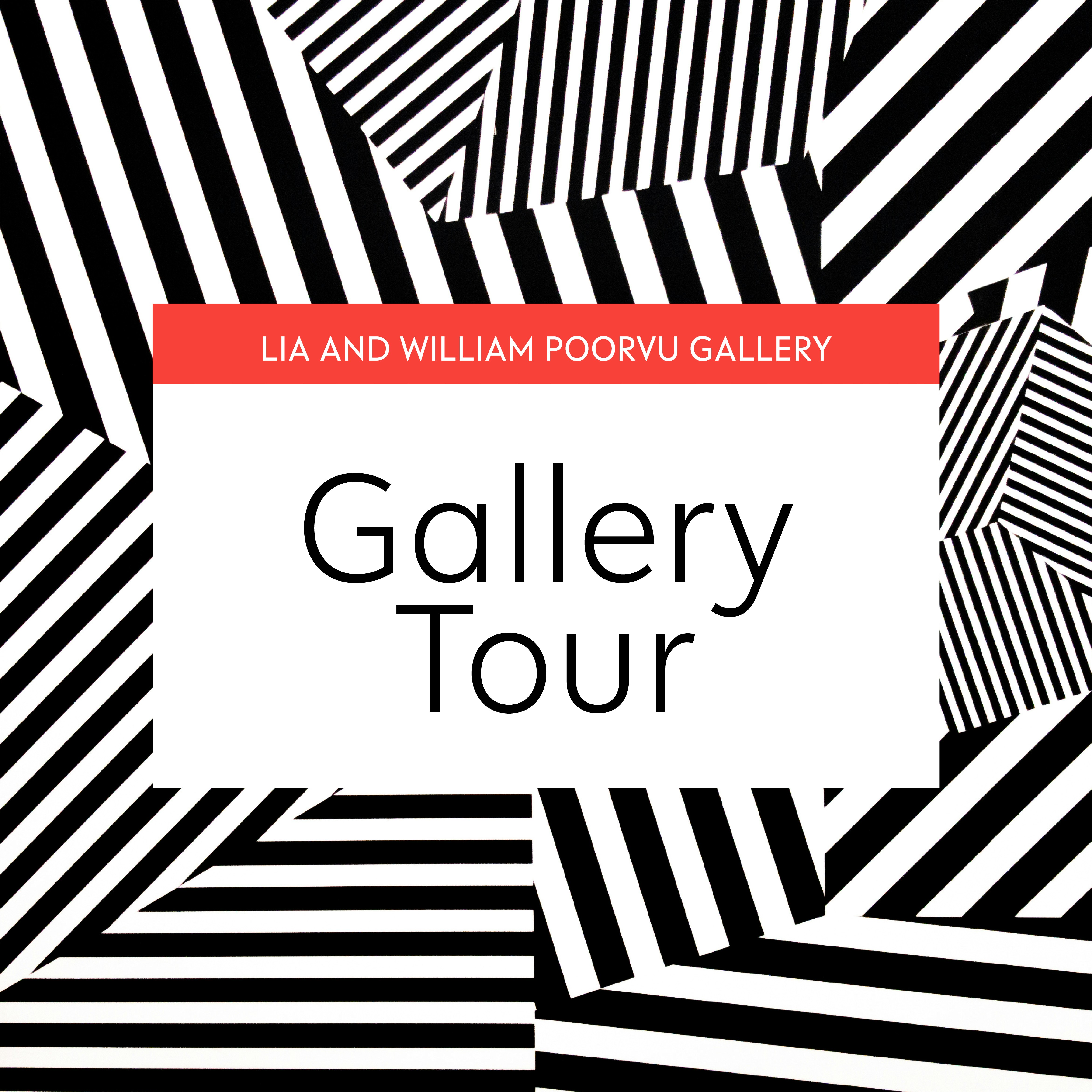On Account of Sex (1920)

The passage of the 19th Amendment in 1920 did not “give” women the vote. Rather, it established a negative: that the right to vote could not be abridged on account of sex alone. When the amendment passed, many women were already voting in states that allowed them to do so. Moreover, even after its passage, African Americans in the South remained disfranchised by race; some immigrant women were blocked from voting by national status; and many women in US territories overseas remained disfranchised by the ways the American empire bounded citizenship.
This “big ideas” session brings together diverse participants who will each illuminate one facet of women’s political history at this key transitional moment. Together, participants will emphasize the radical achievement of the amendment, exploring the full implications of what it meant to remove sex as a barrier to voting, which resulted in the largest-ever one-time expansion of the electorate and mobilized a transnational network of suffragists intent on redefining citizenship. Speakers will consider how newly enfranchised voters used their rights, including to erect new barriers to citizenship through immigration restriction and literacy tests, and will also explore the expansion of mass incarceration and how women targeted by these exclusions demanded justice.
Welcome
Susan Ware, historian and biographer; honorary women’s suffrage centennial historian, Schlesinger Library on the History of Women in America, Radcliffe Institute for Advanced Study, Harvard University
Speakers
Cathleen Cahill, associate professor of history, Pennsylvania State University
Sarah Haley, associate professor of gender studies and African American studies and director of the Black Feminism Initiative at the Center for the Study of Women, UCLA
Mae M. Ngai, Lung Family Professor of Asian American Studies and professor of history, Columbia University
Reva Siegel, Nicholas deB. Katzenbach Professor of Law, Yale Law School
Christina Hoff Sommers, resident scholar, American Enterprise Institute
Dawn Langan Teele
Moderated by Corinne T. Field RI ’19, associate professor of women, gender, and sexuality, University of Virginia, Janice and Julian Bers Assistant Professor in the Social Sciences, University of Pennsylvania
Audience Q and A will follow the discussion.
Event Video



